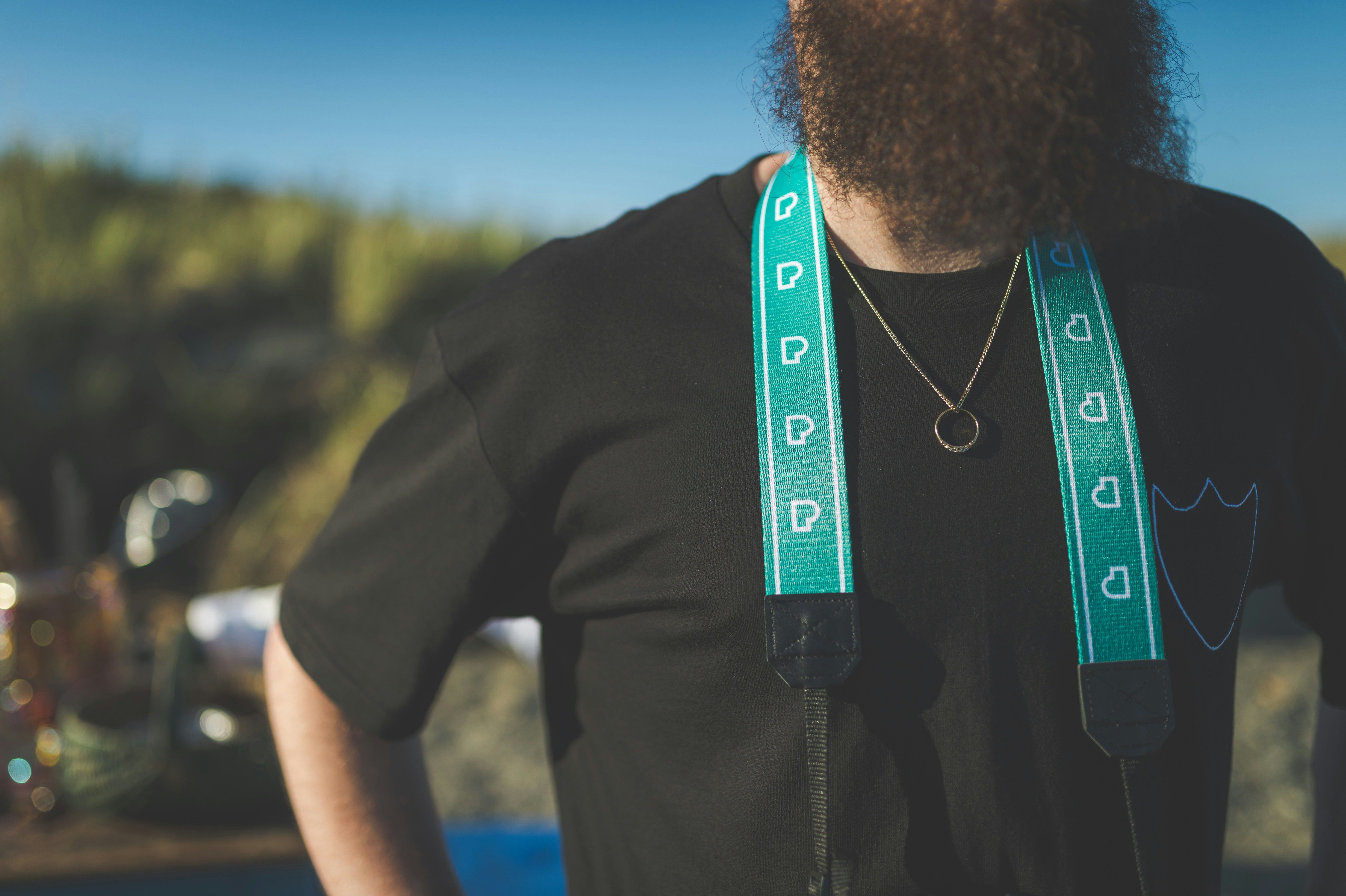Debtor's Dissociation from LLC Doesn't Negate the Impact of Charging Order in Baker's Case
Lawyer Lee R. Baker Jr. of Alaska is embroiled in a legal dispute over a $300,000 settlement from a property dispute with his ex-wife. The funds, which were deposited into a court registry, are central to the ongoing case between Baker and fellow businessman Kenneth Duffus, who claims a $460,000 judgment against Baker.
Baker and Duffus were previously involved in a real estate project known as Marion Bowen, which collapsed during the 2008 financial downturn. Since then, Duffus has sued Baker and obtained a judgment of $150,000, plus 10.5% compounded annual interest that would be due if the project did not sell within five years. When the Marion Bowen project did not sell, and the interest accrued to $252,585, Duffus took final judgment against Baker in 2013.
Separately, Baker and his ex-wife, Patricia Baker, co-owned a limited liability company called Aurora Park LLC, which owned the Aurora Park apartment complex. The pair had their own disputes regarding the Aurora Park project, and Patricia eventually sued Baker. The two reached a settlement agreement in 2019, under which Baker transferred his 50% interest in Aurora Park LLC to Patricia for $50,000 and an additional $250,000 to be paid to Baker's law firm, Jones Law Group (JLG).
When Duffus learned about the Baker-Patricia settlement, he was able to persuade the court to order the settlement funds to be deposited into the court registry while his claim to those funds was litigated. Ultimately, Patricia caused $300,000 to be deposited into the registry.
At this point in 2019, there was $300,000 from the Baker-Patricia settlement sitting in the court registry. Given the high interest owed to Duffus, Baker now owed him approximately $460,000, and Duffus sought partial payment of his judgment from the court-held funds. JLG, meanwhile, sought the $250,000 allocated to it from the settlement.
Duffus filed two motions, seeking to execute on his judgment against Baker's assets (essentially, the settlement proceeds) and to place a charging order against Baker's interest in Aurora Park LLC. The court granted these motions, and a charging order was entered on December 9, 2019, ordering Aurora Park LLC to pay any distributions owed to Baker, including the $300,000 proceeds from the Baker-Patricia settlement.
However, complications arose when it emerged that Baker's law firm, JLG, had asserted a lien against the settlement fund on November 27, 2019—about ten days before the charging order was entered. The court held that Duffus was entitled to $50,000 of the settlement, leaving $250,000 in dispute. JLG's lien applied to $128,000 of these funds, which had yet to be deposited into the court registry by Aurora Park LLC. Meanwhile, Duffus' charging order had priority over $122,000 of the funds.
Both parties appealed the court's decision, with Duffus unhappy at losing the $128,000 and arguing that his charging order lien was superior to that of JLG. JLG, in turn, argued that the settlement funds did not constitute a "distribution" from Aurora Park LLC, and thus Duffus' charging order did not apply at all.
The Alaska Supreme Court ruled that Duffus' charging order could only apply to distributions to Baker, and that JLG could assert its attorney lien only on its fees that were actually owed at the time of the lien by Baker. The court punted on determining whether the facts would lead to a resolution of this conflict and remanded the case back to the trial court.
On remand, the trial court ruled that the Baker-Patricia settlement funds were an "interim distribution" from Aurora Park LLC to Baker and these should have been picked up by the charging order, giving Duffus the right to the full $300,000. The court found that Baker and Patricia attempted to craft the settlement agreement to avoid the $300,000 being a "distribution," but under Alaska LLC law, the only lawful way for Baker to be bought out of his interest in Aurora Park LLC was by way of a distribution. The court also noted that all of the $300,000 was paid by Aurora Park LLC and not by Patricia personally.
As for JLG's claim on its attorney fee lien, the court found that JLG's testimony was not credible—the $250,000 figure could have simply been the amount agreed to during the Aurora Park settlement. The court thus vacated the second final judgment and the attorney’s fee award that had been imposed against the creditor.
In essence, the Alaska Supreme Court affirmed that the funds were distributions from the limited liability company, subject to the charging order, rejected the law firm’s lien for lack of proof, and reversed the attorney’s fee award against the creditor. The court reiterated that members cannot draft a creative definition of "distributions" to defeat the rights of creditors, and that a distribution can be subject to a charging order, even if the member has since been disassociated from the LLC. The court also cautioned attorneys against unjustly tying up their client’s funds with liens to keep them away from creditors.
- Given the Alaska Supreme Court's ruling, the funds from the Baker-Patricia settlement, totaling $300,000, were deemed distributions from Aurora Park LLC and were subject to Duffus' charging order, despite Baker's attempts to avoid this classification.
- In the ongoing dispute between Baker and Duffus, the court's decision to vacate the attorney’s fee award against the creditor implies that Jones Law Group, Baker's law firm, failed to provide sufficient proof for its lien on the settlement funds, potentially impacting the $250,000 allocated to them.






